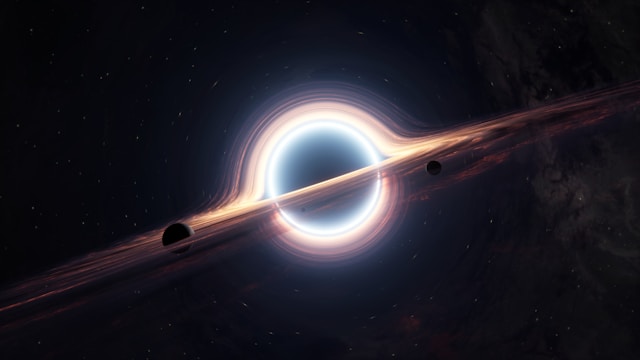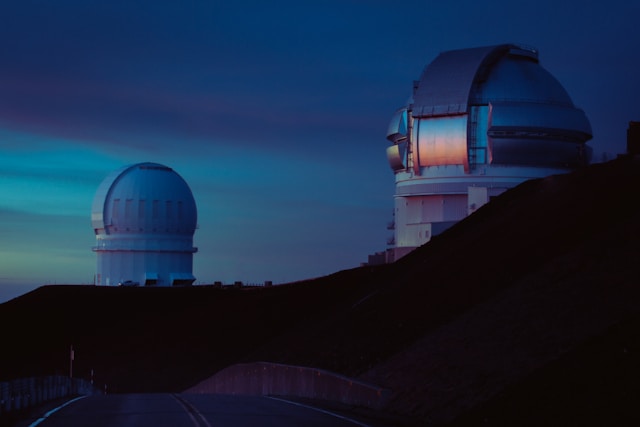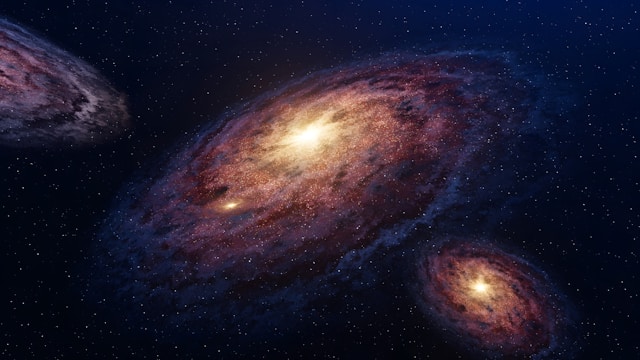Have you ever looked up at the night sky and just wondered about all the mysteries hidden in the vast universe? For centuries, astrophysicists have relied on traditional methods to study the cosmos. But, guess what? Things are changing! We’re at the dawn of a new era where artificial intelligence is becoming a crucial tool for cosmic discovery. It’s kind of like having a super-powered brain helping us decode the secrets of the universe!

Why Artificial Intelligence is a Total Game-Changer for Astrophysics
So, astrophysics is all about dealing with enormous amounts of data – we’re talking terabytes and petabytes! – collected from powerful telescopes and space missions. Analyzing this ‘Big Data’ to extract meaningful information is like finding a needle in a cosmic haystack. I mean, that’s where artificial intelligence comes into play.
Machine learning algorithms for astronomy and deep neural networks in astrophysics can sift through this massive data much faster and more efficiently than any human. Basically, artificial intelligence can help to:
- Identify patterns and anomalies.
- Classify celestial objects.
- Make predictions about cosmic events.
- Automate time consuming data analysis.
This allows researchers to:
- Focus on formulating hypotheses.
- Interpret results.
- Build more sophisticated models of the universe.
How AI is Transforming Astrophysics Research: Real-World Examples
Let’s dive into some specific ways AI is transforming astrophysics research.
- Understanding Black Holes: You know about Black holes, right? They’re regions of spacetime with gravitational pull so strong, nothing can escape, not even light! AI helps in understanding black holes by analyzing the complex data obtained from observations and simulations.
- Studying Distant Galaxies: Deep learning plays a crucial role in studying distant galaxies. AI algorithms can analyze images of galaxies, automatically identifying and classifying them based on their shape, size, and other features.
- Predicting Astronomical Phenomena: Wouldn’t it be amazing to predict supernovas – you know, the explosion of a star? Well, artificial intelligence is getting us closer to such achievements. AI techniques for modeling universe events help to identify subtle changes in data that might precede a major cosmic event, allowing for predictive analytics in astronomy.
- Multi-Messenger Astronomy: Imagine receiving a message from the universe, not just in one way, but through multiple channels, like gravity waves, and light. Cool, right? AI provides great benefits of AI in multi-messenger astronomy. It helps researchers combine data from these various “messengers” to gain a more complete picture of cosmic events.

Specific AI Techniques Powering Astrophysical Discoveries
- Neural Networks: Inspired by the human brain, these networks are excellent at pattern recognition. They’re used extensively in image processing, helping to identify and classify celestial objects.
- Deep Learning: A subset of neural networks, deep learning models use multiple layers to extract complex features from data. It’s a powerful technique for data mining in space research.
- Clustering Algorithms: These algorithms group similar objects together, helping to classify galaxies, stars, and other cosmic entities.
- Regression Analysis: This technique helps in predicting future events based on existing data, like the prediction of solar flares.
AI-Powered Tools for Observing the Universe
We’ve also seen the development of new AI-powered tools for observing the universe:
- Automated Telescope Systems: AI can control telescopes, pointing them to areas of interest and automatically collecting data.
- Smart Image Processing Software: This helps in enhancing telescope imaging capabilities and removing noise from astronomical images, revealing faint objects that were previously hidden from view.
- Data Mining Tools: Sophisticated software allows researchers to search through vast databases of astronomical information quickly.

The Challenges of Integrating AI in Astrophysics
It’s not all smooth sailing, though. I mean, there are challenges. Here are the main challenges of integrating AI in astrophysics:
- Data Quality: AI algorithms are only as good as the data they’re trained on. So, ensuring the quality and accuracy of astronomical data is essential.
- Interpretability: Some AI models, especially deep neural networks, can be “black boxes,” meaning it’s hard to understand exactly how they arrive at their conclusions.
- Computational Resources: Training sophisticated AI models requires significant computing power, which isn’t always available.
Future Trends of AI in Astrophysical Studies
So, what does the future hold? Here’s a peek at the future trends of AI in astrophysical studies:
- More Autonomous Observatories: We’ll see more telescopes and space missions operating with increased autonomy, guided by AI.
- Real-Time Data Analysis: AI will enable faster processing of data, allowing for quicker responses to transient events like supernovae.
- Simulating Cosmic Events with AI: Computational astrophysics will leverage AI to create increasingly realistic simulations of cosmic events with AI, helping us to test theories and make new discoveries.
- Increased Collaboration: There will be a greater fusion of expertise between astrophysicists and AI researchers.

Conclusion: A Universe of Possibilities
Well, artificial intelligence is revolutionizing astrophysics. It’s empowering scientists to explore the universe in ways we never thought possible. From unraveling the mysteries of black holes to predicting celestial events, artificial intelligence applications in space exploration are boundless. The journey of advancements in astrophysics through machine learning is just beginning, and it promises a future filled with exciting discoveries. What do you think is the most exciting potential of AI in astrophysics?
